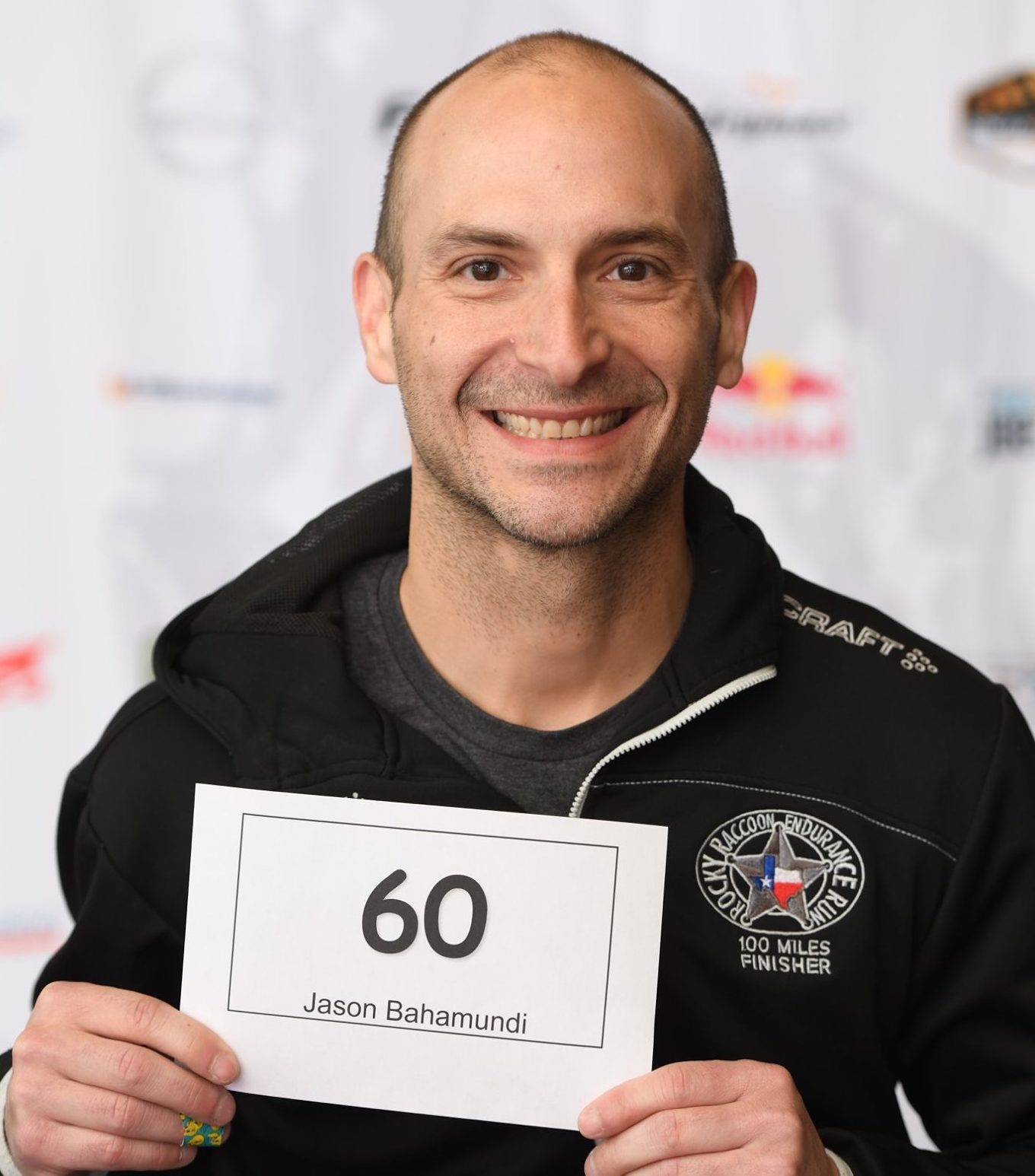Beyond the Finish Lines: Navigating the Dark Side of Endurance Sports and Disordered Eating

I started training for my first endurance event, the Westchester Half-Marathon, in 2007. At the time I didn’t know anything about endurance sports or the nutrition needed to support this new lifestyle. At that time, I didn’t have any social media accounts. This meant that I was running for myself and not concerned with other people’s opinions of my performance. Over time this would change and disordered eating would be part of my journey in endurance sports.
Kindling The Fire: The Social Media Spark and Its Consequences
I managed to run a number of half-marathons without any attention but that would change when I started a Facebook account. All the sudden there was a way to share my running with the world and it was a lot of fun.
The distances grew as did the need to understand how the body performed. I was startling to learn about performance optimization through nutrition. This was perfect because I loved to cook and I wanted to share my cooking and running with the world. I launched Cook Train Eat Race and took my exposure to these sports to another level.
Beyond the Finish Lines: Unveiling the Dark Side of Ironman Glory
Years and years would go by and the finish lines piled up. Finishing 8 Ironman events would seem to be a great accomplishment and I am proud of myself for those medals but there was a dark side to it. I developed a disordered eating habit because slim was fast. The kudos on racing posts were a dopamine high that needed to be chased, at all costs.
The Unseen Struggle: Managing the Athlete Image vs. the Reality
I began an Instagram account and would start to share the food I was eating. This was like adding kindling to an already raging fire except this fire wasn’t keeping me warm. Instead, this fire was burning me from the inside out. Could I be faster? Sure I could. All I had to do was get slimmer. With that in mind, I shared the meals I was eating but not the snacks that I was consuming. Those pictures would not be shared but nobody needed to know that.
My posts were meant to show my training and food so that others could be inspired to cook as well as race. My goal was to prove to the world that this could be done and the social media influence was going to help.
ADVERTISEMENT

From Consolation to Confrontation: Recognizing Disordered Eating
With every finish line and every successful training session the idea that eating the way I was got a positive reaction in my mind. The backslaps were also helping to fuel the motivation to continue to show my food and accomplishments but it was secretly aiding the mental health challenges that I and other athletes have. Success at these races fueled my desire to keep doing what I was doing but the impact of diet on my well-being was being felt, out of sight.
I was measuring my food and limiting the calories I would consume. This was the way to do it because lighter is faster and I wanted to be faster. Struggling with body image, generating dopamine and wondering about acceptance was a perfect example of the impact of diet on my well-being. The reality was that I knew it but ignored it because I could handle it.
Recognizing that I had disordered eating wasn’t easy. The assumption was that what I was doing was correct so when I recognized the problem it was hard to process. How could I have disordered eating? Look at my training and finish lines.
Then one day, it hit me. I was standing with a handful of mini chocolates. They felt weird in my hand. The consoling energy they once provided was now negative energy. I sat down and recognized that I had a problem.
Eating for Well-Being: Beyond the Obsession with Lighter and Faster
I didn’t solve this issue over night but worked at eating. Truly eating enough of what I wanted when I wanted it versus some subjective time frame.
Nutrition for endurance athletes is imperative to having successful training sessions and races but it doesn’t have to be at the expense of your mental health. Overcoming disordered eating isn’t a finish line but something I work at on a continuous basis. For example, I had a bag of mini M&Ms on my kitchen counter. Instead of standing over them and inhaling them in the hopes that nobody would see me, I took them out as I felt the need for a candy. Some days I was stressed out and others I just wanted some candy but I didn’t feel bad about eating them.
Changing perspectives in endurance sports was my goal then and it is now. Back then it was to prove that plant-based diets could work for athletes looking to get fitter, faster and stronger. Today, my goal is to prove that there is a spot at the starting line for everybody and every body. When I founded Run Tri Bike that was the vision and mission which continues to be our guiding light.
Beyond the Finish Lines: A Never-Ending Journey of Dreams and Goals
Read the stories on our platform of athletes in larger bodies, athletes dealing with physical challenges and athletes overcoming all manner of obstacles and you’ll see that we all belong. With a finish line that will never be reached because there are more and more stories to tell I hope that we can be a place that showcases all athletes accomplishing their dreams and goals.
ADVERTISEMENT









